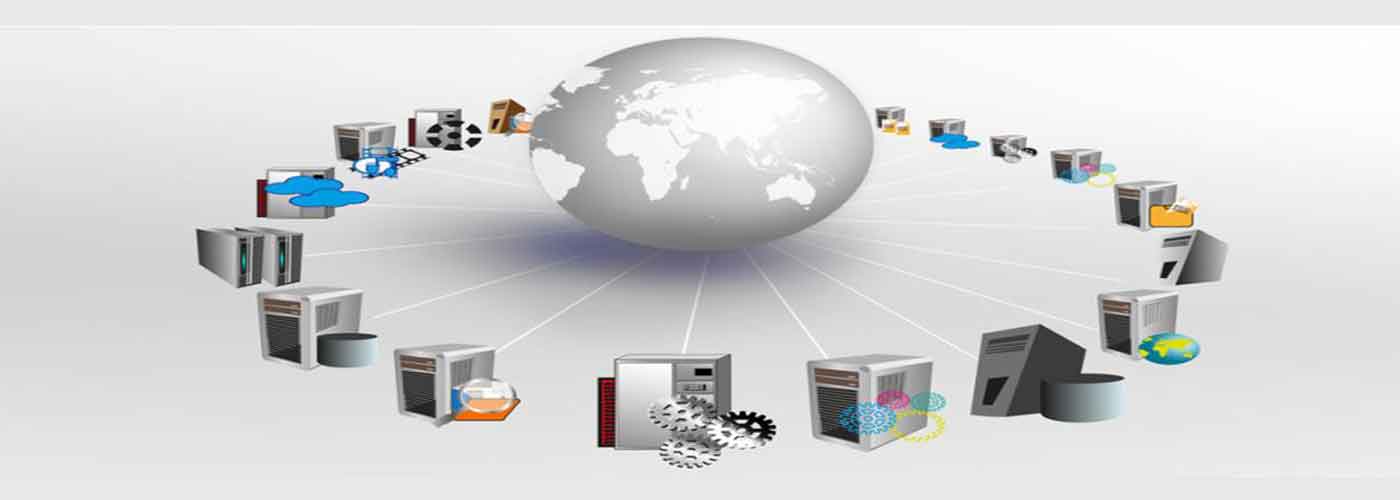

Directory Portal Development
Developing a directory portal involves creating an online platform that lists and categorizes various businesses, services, or resources within a specific niche or location. Directory portals can range from general business directories to specialized industry-specific listings. Here’s an overview of the steps and considerations for directory portal development:
Defining Objectives and Niche: Determine the purpose of the directory portal—whether it’s a local business directory, job listings, real estate listings, or niche-specific services.
Platform Selection or Development: Choose an appropriate platform for building the directory portal. Options include custom development using frameworks or content management systems (CMS) like WordPress, Joomla, Drupal, or using specialized directory software.
-
Database Structure and Management: Plan and create a database structure to efficiently store and organize directory listings. Consider categories, subcategories, tags, and fields relevant to the listings.
-
User Interface and Experience Design: Design an intuitive and user-friendly interface that allows easy navigation, search functionality, and filters for users to find and explore listings.
-
Listing Submission and Management: Develop a system for businesses or individuals to submit their listings, including forms for adding details, images, and relevant information. Implement moderation tools to manage and approve submissions.
-
Search and Filter Functionality: Implement robust search functionality allowing users to search by keywords, categories, locations, or specific criteria relevant to the directory’s focus.
-
Map Integration: Integrate maps (like Google Maps) to provide location-based services, allowing users to visualize the listings geographically and navigate easily.
-
User Accounts and Profiles: Provide options for users to create accounts, manage their listings, access saved favorites, and track their activities within the portal.
-
Monetization Strategies: Determine revenue streams, such as premium listings, featured placements, advertising, or subscription-based access for businesses or users.
-
SEO Optimization: Implement SEO best practices to ensure the portal ranks well in search engines, helping listings gain visibility and attract organic traffic.
-
Security and User Privacy: Implement security measures to protect user data, prevent spam or fraudulent listings, and ensure user privacy compliance.
-
Testing and Launch: Thoroughly test the portal for functionality, usability, and compatibility across different devices and browsers before launching it to the public.
Directory portal development requires attention to detail, user engagement, and a robust backend system to manage listings effectively. Continuous monitoring, updates, and user feedback analysis are essential to maintaining and improving the directory’s performance.
